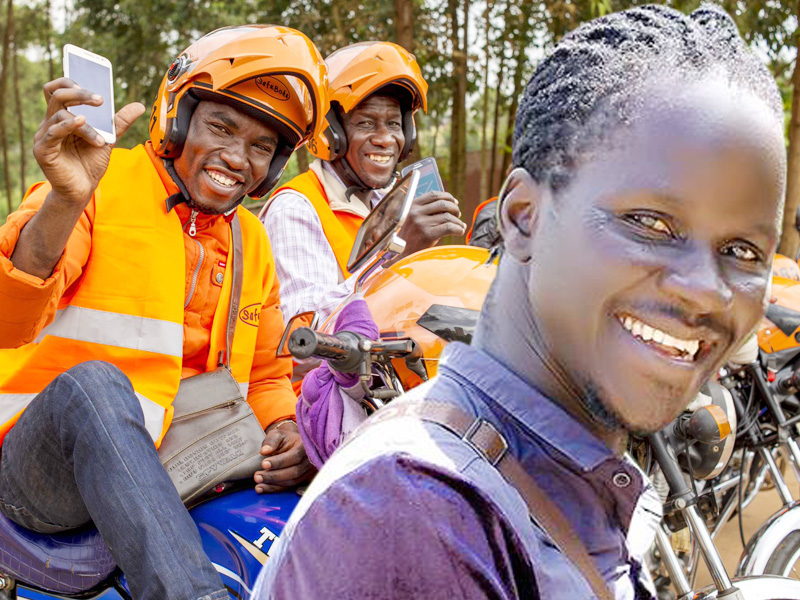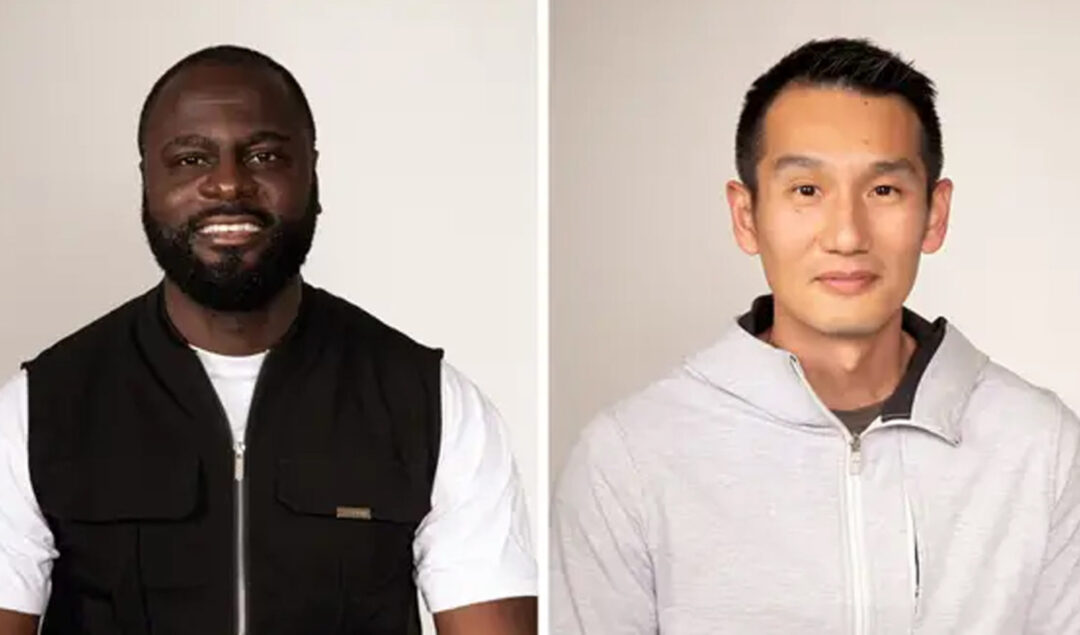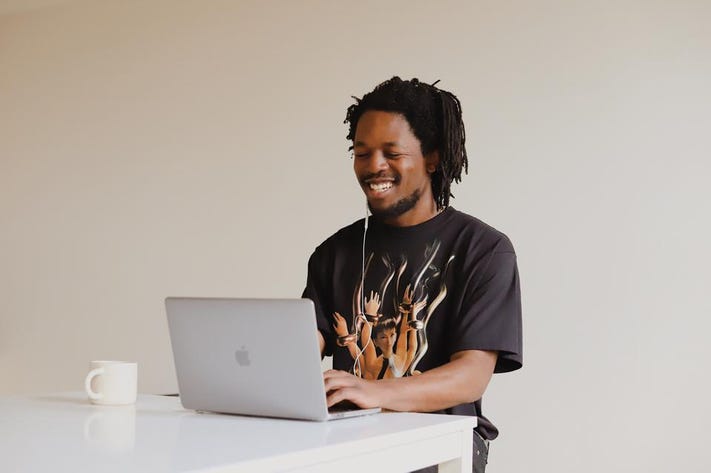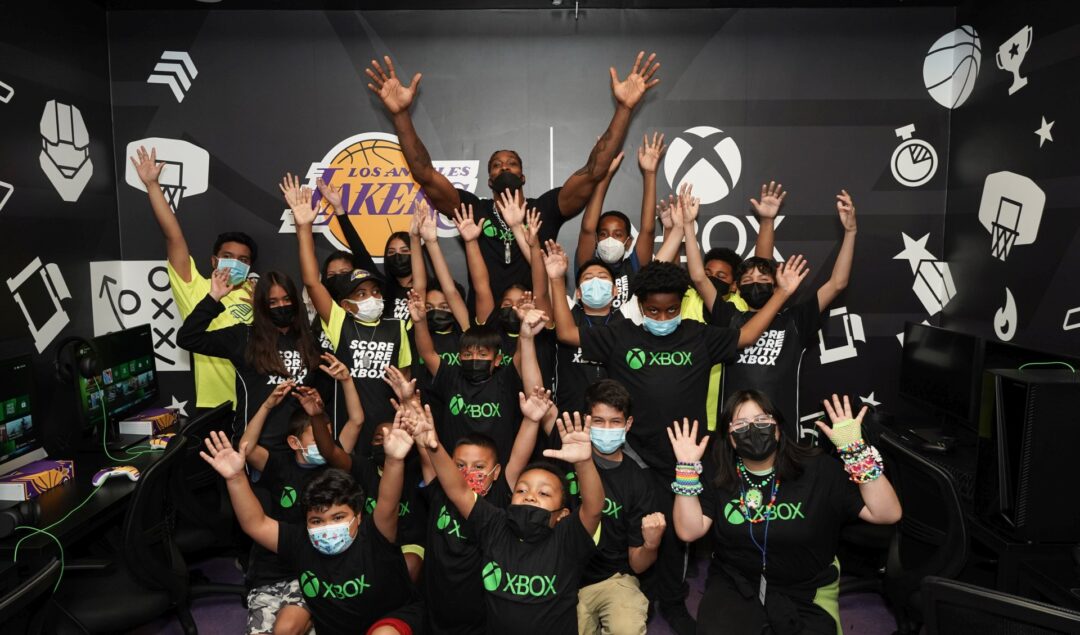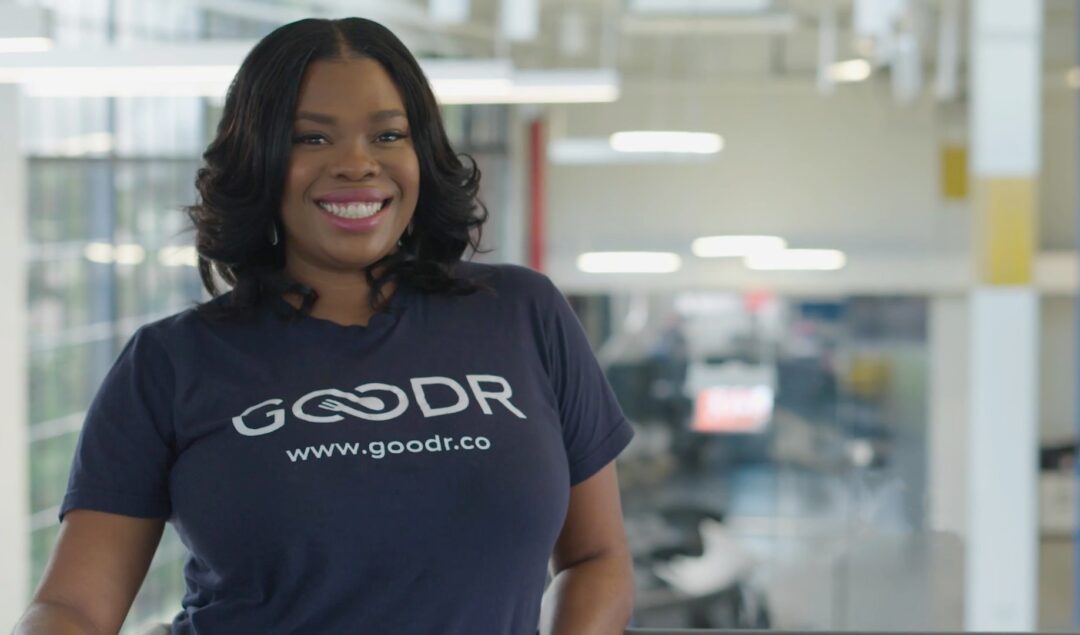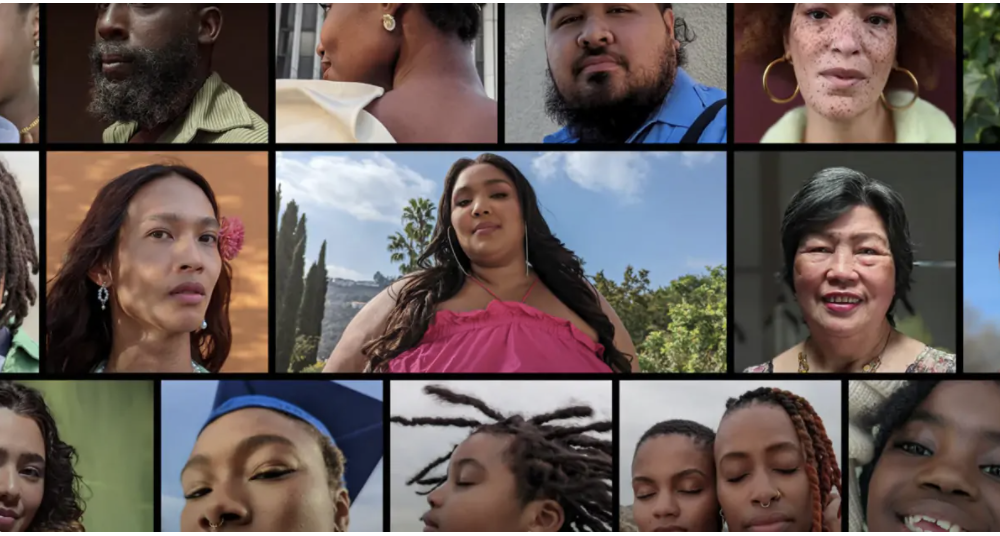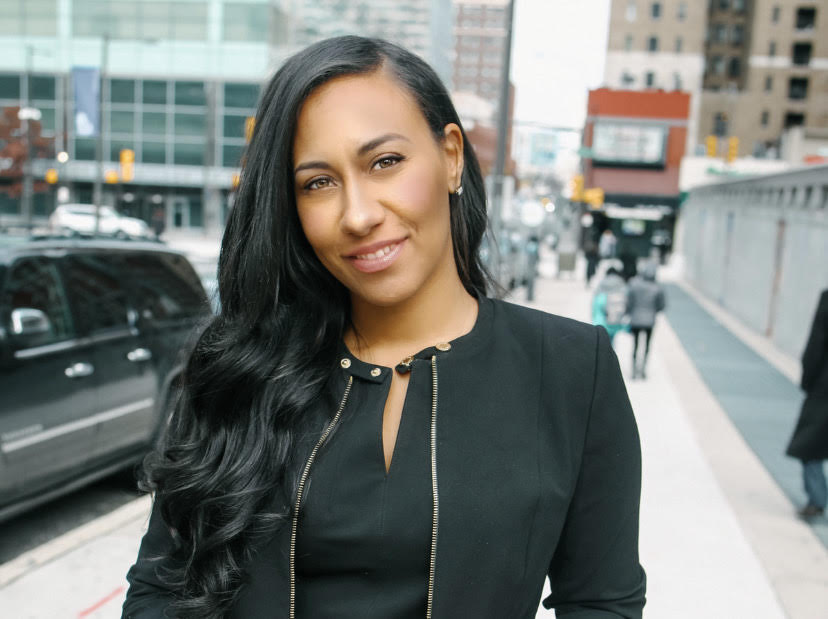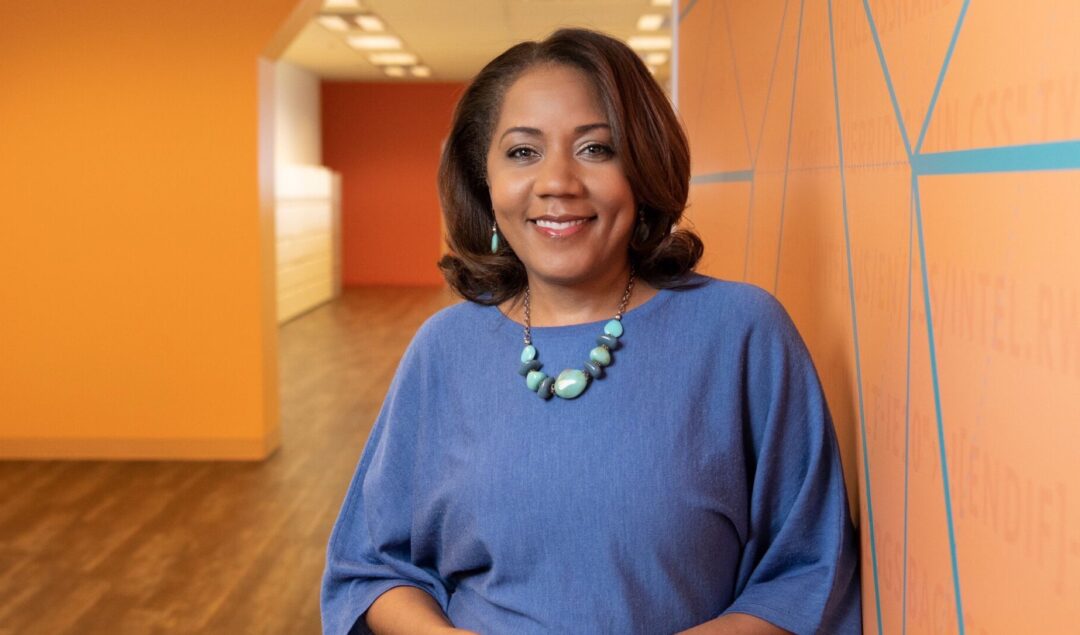Uganda is one of the countries creating ripples in high-profile tech programs like the Y Combinator accelerator and Google’s $50 million Africa Investment Fund, launched in October last year targeting early and growth-stage startups. The growth of Uganda-based startups comes at a time when the startup ecosystem in Africa has until now been dominated by Nigeria, Kenya, South Africa and Egypt – countries that continue to receive the bulk of venture capital and other forms of investment. In December 2021, SafeBoda, Uganda’s multi-service and digital payment technology platform, became the
Founders Denis Asamoah and Jay Cheng are the founders of Buzzup, a platform that provides an alternative medium for creatives to connect and ultimately monetize their most engaged fans. The startup launched its alpha version to a small cohort of creators back in January. The initial phase lets creators share their top followers who are generating “buzz” on their Instagram page by pulling publicly available API data from the Meta-owned platform. Buzzup has reportedly already raised $500,000 with investments from creators (many of whom are Buzzup’s earliest users) and is
Codecademy announced that it will be partnering with the Black and Brilliant advocacy group on a new mentorship program and accelerator in Africa. Last year, the two organizations joined forces for their first accelerator and are now eager to expand the program to help create a new pipeline of tech talent across the African continent. The intiative created by husband-and wife-team Tony Effik and Perky Noah-Effik was launched as a way to diversify the tech workforce and increase access for BIPOC communities. The 10-week program will focus on upskilling and mentorship within
Xbox continues to power dreams through gaming and has announced an expansion of its sponsorship with the iconic NBA franchise, the Los Angeles Lakers. To celebrate, the Microsoft-owned video game company teamed up with philanthropist and NBA All-Star Dwight Howard to remodel part of the Boys & Girls Club of San Fernando Valley. The new state-of-the-art gaming lab features new artwork, custom purple and gold Xbox Series S consoles, gaming PCs, screens, and more to allow the club members to experience the joy of gaming and exploring their passions. A family-oriented nonprofit dedicated
Raising venture capital is a daunting experience for Black women as both the UK and US startup ecosystems fail Black entrepreneurs with innovative ideas. Furthermore, it’s clear that an entrepreneur’s ethnicity can affect their access to VC in the UK, with Black founders receiving just 0.24% and Black female founders receiving 0.02% of the total venture capital invested over the past 10 years. And before 2021, only 93 Black female founders in the US had raised $1 million or more in venture capital, according to ProjectDiane, a biennial report on the
The UK startup ecosystem is failing Black entrepreneurs with innovative ideas. It’s clear that an entrepreneur’s ethnicity can affect their access to VC in the UK as recent data shows that Black founders received just 0.24% while women from this community got a mere 0.02% of the total venture capital invested over the past 10 years. But one organization, Black Valley, is trying to change the landscape for Black founders through its founder’s program. The 8-week program includes weekly 1:1 mentoring sessions, workshops on themes like ideation, product, solution-fit, marketing,
The accuracy of facial recognition has improved drastically since ‘deep learning’ techniques were introduced into the field about a decade ago but there’s still a long way to go. A few years ago – the world’s largest scientific computing society, the Association for Computing Machinery in New York City, urged a suspension of private and government use of facial-recognition technology, because of “clear bias based on ethnic, racial, gender, and other human characteristics”, which it said injured the rights of individuals in specific demographic groups. So this is clearly a big issue
Sudo Africa, an API platform that enables you instantly issue physical and virtual cards with more control and flexibility at scale, has raised $3.7 million in pre-seed funding. What makes the startup different from others? While banks take weeks or months to give cards, Sudo Africa claims to just take days. In partnership with licensed card issuers, the company’s infrastructure allows itself and any developer or merchants that come on its platform to issue virtual and physical cards to their customers. And on the platform lets businesses control and program cards to
Meet Shannon Morales, a single mom of three and founder and CEO of Tribaja, a tech talent marketplace based in Philadelphia that pairs Black and Latinx employees with companies committed to diversity and inclusion initiatives. Through her company, Tribaja, Morales, 34, provides Black and Latinx employees interested in the tech field with education and training and pairs them with tech companies she’s vetted as being truly committed to inclusion and diversity. Her company also offers 100% free coding, software engineering, data science, project management training, along with so many other
Apple hired Intel’s chief diversity and inclusion officer, Barbara Whye, back in 2021. Whye, who has years of experience and made it on Fortune’s list of Most Powerful, spent 25 years at Intel, helping the company make more meaningful and durable positive change. But she decided to take a leap and move on and work for tech giant Apple. In June, following the killing of George Floyd by a police officer, Apple CEO Tim Cook announced a $100 million racial justice initiative. Other tech executives have also spoken out against

